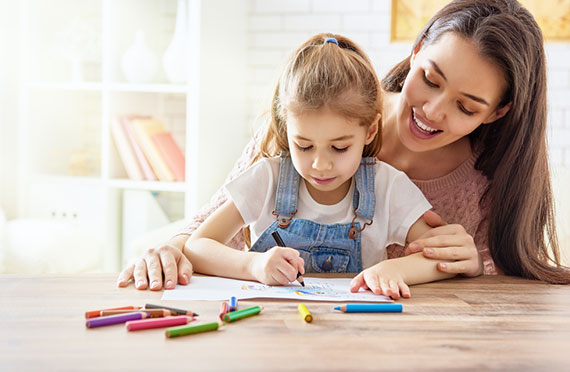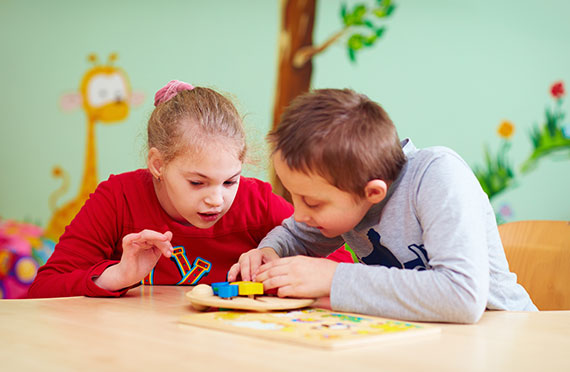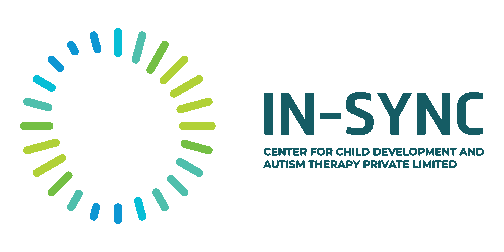For children who need extra care and support, Individual Therapy ensures undivided attention, a highly personalised teaching approach and a single-minded focus towards their overall development. Covering all facets of a child’s life, Individual Therapy sessions not only address a child’s physical, emotional and social needs, but also ensure their creative and intellectual well-being.

OCCUPATIONAL THERAPY
Occupational Therapy is a health profession that helps clients improve the way their nervous system functions. We help children develop skills that will lead to success in everyday life functions, including: motor skills, social skills, personal skills, and vocational pursuits. Within the Occupational Therapy process, we commence with assessments, which focus on individual and environmental abilities, and the difficulties related to activities in the person’s daily life, and play in younger population.
SENSORY INTEGRATION THERAPY
Occupational Therapy is a health profession that helps clients improve the way their nervous system functions. We help children develop skills that will lead to success in everyday life functions, including: motor skills, social skills, personal skills, and vocational pursuits. Within the Occupational Therapy process, we commence with assessments, which focus on individual and environmental abilities, and the difficulties related to activities in the person’s daily life, and play in younger population.


SPEECH & LANGUAGE THERAPY
Speech and Language Therapy is an approach enabling the rehabilitation of physical and/or cognitive deficits/disorders resulting in difficulty in communication ( expressive or receptive) and social interaction. This includes both speech (articulation, intonation, rate, intensity) and language (phonology, morphology, syntax, semantics, pragmatics, both receptive and expressive language, including reading and writing).
PSYCHOLOGY AND COUNSELING
In-Sync houses a team of specialized Clinical and Rehabilitation Psychologists who administer psychological, and developmental assessments for children, as well as a Clinical Counselor who works together with parents to design inclusive and integrated treatment strategies.


TRIPLE M PROGRAM
At In-Sync we provide behavioural support through our Triple M (Making Magic Moments) program. This includes, but is not limited to, parent counseling, behaviour modification, support group sessions and collaborating with the family, teachers and other mental health professionals to design an effective intervention plan for the child. Additionally, parents are taught how to interact with their child in a positive way that is developmentally appropriate
PHYSIOTHERAPY PROGRAM
Physiotherapy focuses on restoring and improving movement and mobility. It deals with improving balance, flexibility, coordination, posture and core strength to enable the child to perform daily activities independently. It helps the child explore a healthier and more active lifestyle. The goal is to improve the quality of life through the identification and diagnosis of a difficulty and then to intervene along with education regarding the prevention and re-occurrence of the difficulties.


SPECIAL EDUCATION
Special Education helps create a supportive environment to ensure that every child’s educational needs are provided for. It facilitates cognitive development in children. Various psychological and behavioural concerns manifest themselves in the form of reading and writing difficulties, inability to concentrate or comprehend instructions,
